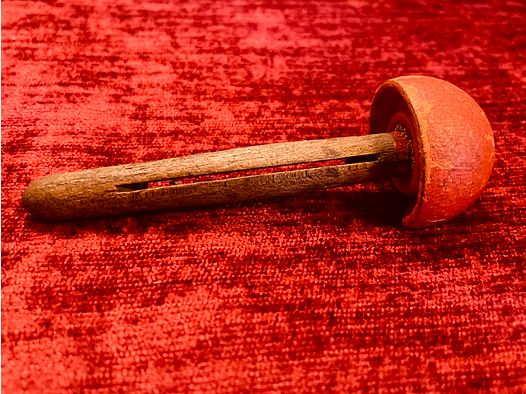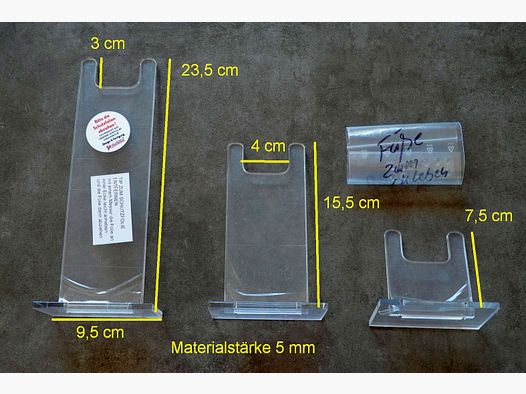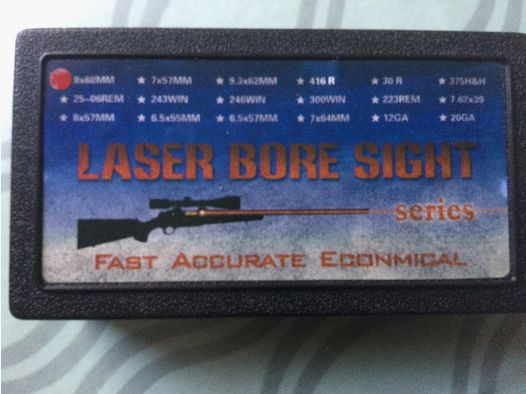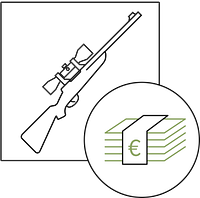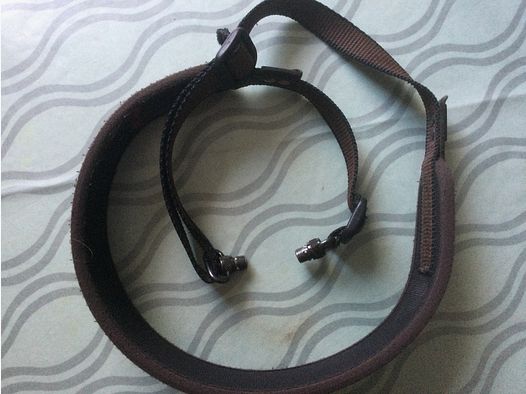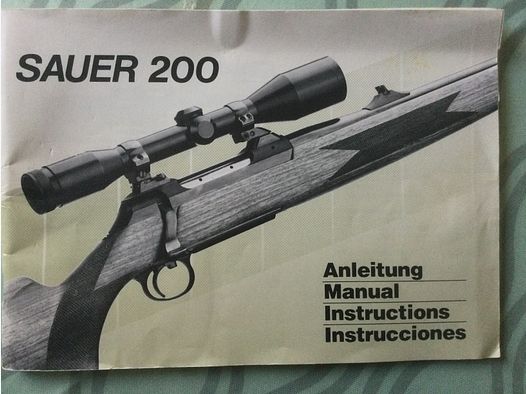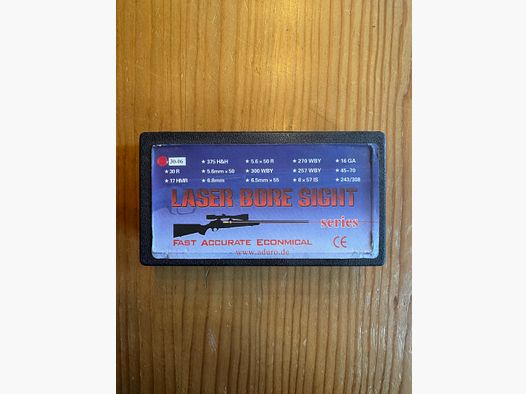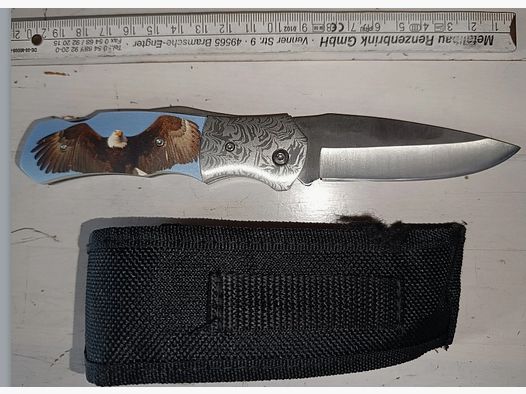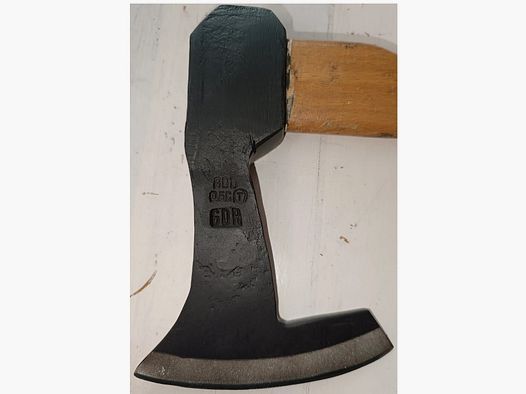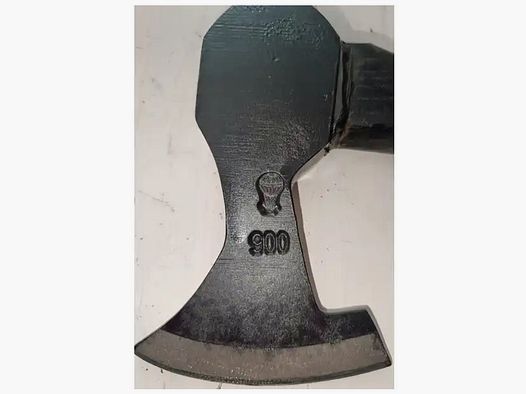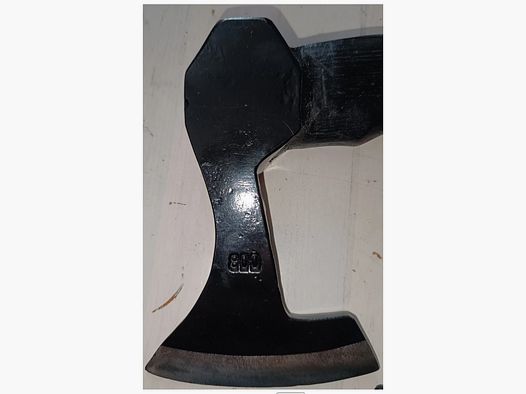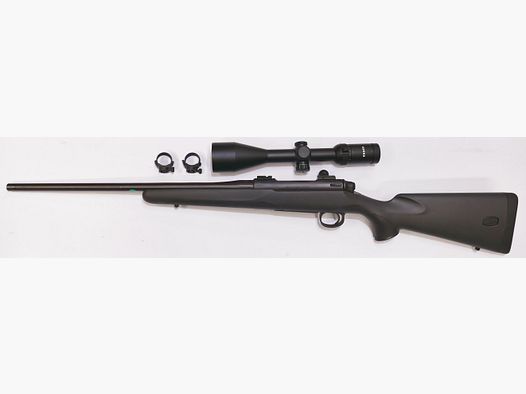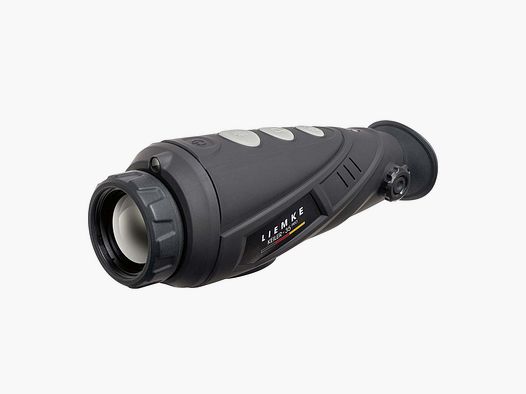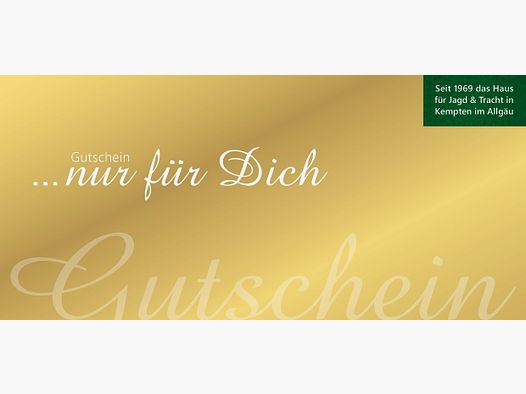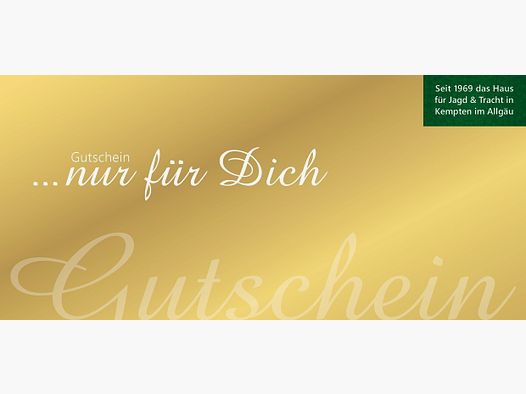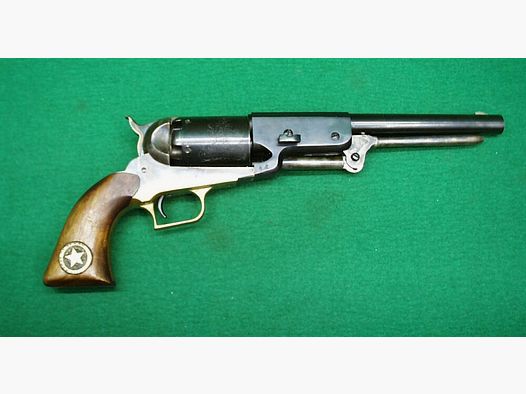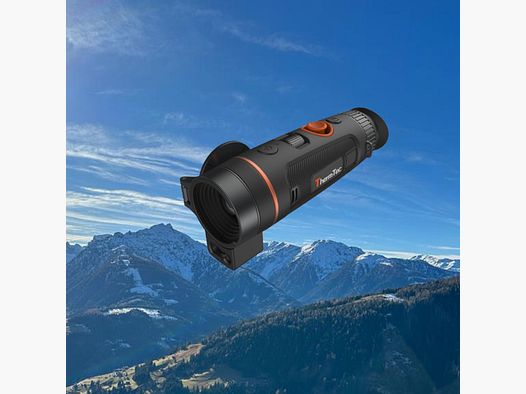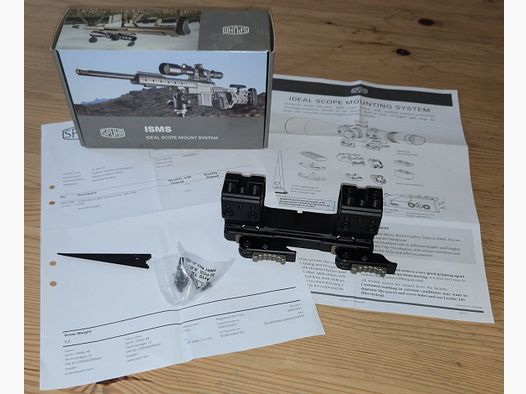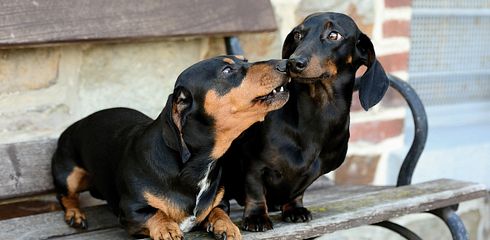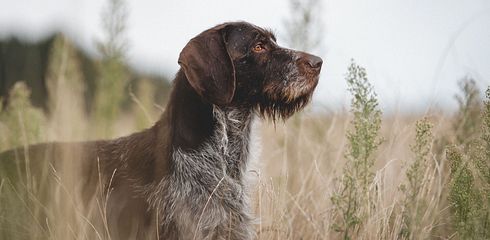What is a German Shorthaired Pointer?
The "German Shorthaired Pointer" breed is one of the oldest hunting dog breeds in Europe. The first breeding book of this breed, which has been bred since the mid-18th century, dates back to 1897. In this book, the breed standards were established, among others, by Prince Albrecht of Solms-Braunfeld.
The German Shorthaired Pointer was initially bred from pointing dogs from the Mediterranean region, particularly Italy, Flanders, France, and Spain.
There, the ancestors of the GSP, the so-called Pointers, served early on as reliable hunting helpers.
Profile of the German Shorthaired Pointer:
| Size: | Males: 62-66 cm, Females: 58-63 cm |
| Weight: | Males: 25-32 kg, Females: 20-27 kg |
| Colors: | Liver, Brown, Black-White, Brown-White, Liver-White |
| Coat Structure: | short, dense, and firm |
| Life Expectancy: | up to 14 years |
| Suitable as: | Hunting dog, Hunting companion dog, Sled dog |
| Character: | Faithful, Intelligent, Trainable, Strong-willed, Brave |
| Need for Exercise: | high |
| Water Affinity: | high |
| Child-Friendly: | yes |
| Social Compatibility: | high |
| Family Dog: | yes |
| FCI Group: | 7: Pointing Dogs |
What is the temperament & character of the German Shorthaired Pointer?
The German Shorthaired Pointer is considered a very enthusiastic and active hunting dog, whose traits make him a capable hunting helper with the right handling and training by his handler. He is regarded as:
- teachable
- child-friendly
- attentive
- friendly
- affectionate
- reliable
- loyal
- playful
- obedient
- eager to work
- brave
- family-friendly
Representatives of the breed are considered to be good-natured with people and other dogs. However, due to his hunting instincts, he often recognizes cats, game, and other animals as prey.
Since he is very handler-oriented, early personal imprinting by his humans is necessary. Training should be consistent but loving and affirming.
What does a German Shorthaired Pointer look like?
The German Shorthaired Pointer is considered a visually very noble and pleasing dog breed. Laypeople often see his solid dark variants as a young and very slim Labrador.
In many illustrations, the German Shorthaired Pointer is used as the classic hunting dog - especially when it comes to pointing positions.
The German Shorthaired Pointer has a very straight back line, a deep and broad chest, high and muscular legs, and a well-proportioned head with hanging ears and moderately pronounced lips.
The head with a distinctly broad and long muzzle transitions into a muscular neck. Furthermore, he has a friendly and alert-looking expression.
The nose is colored black or brown depending on the coat color.
As the name suggests, the German Shorthaired Pointer has a short coat that should be very dense and firm when healthy. It feels hard and protects the dog from moisture and cold. Permissible coat colors are:
- Brown
- Brown with white speckles
- Brown with chest spot
- Brown with speckled markings on legs and chest
- Brown roan with brown head
- Brown roan with brown spots or patches
- light brown roan
- White with brown head markings, brown patches, and spots
- Black with white markings or spots
- Black roan with spots and patches in white
A healthy and properly nourished German Shorthaired Pointer should have a pronounced shine to its coat.
How to keep a German Shorthaired Pointer?
Due to his high agility and need for movement, the Shorthaired Pointer should have sufficient space to move and enough opportunities for exercise in his home.
Due to his close bond with the handler and familiar people, the German Shorthaired Pointer should always live in the family circle.
This breed, which is considered extremely social, is not suitable for kennel housing.
This dog does not like to be alone but wants to be with his family. If left alone, he can develop separation anxiety. Bored animals also take every opportunity to escape or find their own activities. These, in turn, usually bring little joy to their humans.
The German Shorthaired Pointer was and is specifically bred for hunting. Despite his family- and child-friendly nature, he should not be considered a pure family dog.
As a hunting utility dog, he relies on fulfilling his hunting drive. For hunters, these pointing dogs are ideal partners. When pointing, the dog freezes in motion as soon as he scents game. Often, he raises one front leg and fixes the prey. He remains in this position until his hunting partner gives him another command. Pointing is as instinctive to him as tracking and retrieving the prey.
German Shorthaired Pointer puppies are therefore usually only given to hunters in Germany who can provide proof that they can offer the dog a suitable environment and hunting practice. The dog needs a lot of exercise and almost constant engagement. He also wants to be challenged. If these conditions are not met, the dog will quickly become unbalanced, destructive, and nervous.
How to train a German Shorthaired Pointer?
The German Shorthaired Pointer is definitely not a so-called beginner dog, meaning a dog that an inexperienced beginner should acquire.
Although the German Shorthaired Pointer, as mentioned, is a very sociable, eager-to-learn, handler-oriented, and intelligent dog, he is also stubborn and sometimes headstrong and a bit unruly. The German Shorthaired Pointer likes to do his own thing and express his instincts wherever he can.
This can lead to difficult and unpleasant consequences for the handler, so it is very important that his GSP obeys.
In the past, the German Shorthaired Pointer - like almost all hunting dogs - was trained with a heavy hand, often through punishment and even beatings. Nowadays, dog training usually relies on positive incentives and reinforcement when the dog displays desired behavior.
This method is more accessible to the dog by nature, and the risk of him becoming frightened or even anxious or, in the worst case, aggressive due to harsh training is significantly lower.
To ensure that he gets along well with other animals that he should not perceive as prey and with other (hunting) dogs, early socialization with them is important. Visits to puppy and hunting dog schools, as well as visits to a zoo on a leash with appropriate distance, can help with this.
Here, the Shorthaired Pointer can get used to the fact that there are many other animals besides prey that he should not be overly interested in and that he should ideally leave alone.
What diet is suitable for a German Shorthaired Pointer?
Like all hunting dogs of his size, the diet of the German Shorthaired Pointer should be designed to provide him with the proteins and vitamins his body needs to master the physically demanding challenges of hunting and leisure activities. He should also be fed as naturally as possible, meaning meat-rich and balanced, to maintain his athletic physique.
A good method to provide the dog with large portions of meat is raw feeding (BARF). This food consists of raw meat from cattle, sheep, horses, and other slaughter animals, excluding pigs. Raw pork poses health risks for dogs, e.g., due to the auezkys disease.
Regarding a varied and balanced diet, it is also advisable to offer the dog cooked vegetables along with fresh meat, etc.
Grains such as wheat, corn, etc. are simply not needed by hunting dogs, and when feeding dry food, it should always be ensured that such grains are processed in minimal amounts.
A little cooked rice is fine from time to time, and rice porridge can work wonders for gastrointestinal diseases.
In general, an adult German Shorthaired Pointer should receive 2-3 meals a day, preferably at regular times, to establish a routine for a structured daily schedule.
Puppies need three to four meals a day. Small treats or pieces of sausage are suitable as rewards during training. Rewards and snacks in between should be considered in the total food amount. It is also important to ensure a constant supply of water for the dog. For on-the-go, practical water bottles with integrated bowls are available.
How to properly care for a German Shorthaired Pointer?
As an absolute nature lover, the German Shorthaired Pointer often comes into contact with sources of contamination. He loves to rummage through muddy leaf piles, roll in meadows and forests, and brush through dense undergrowth in any weather, paying little attention to not getting dirty - on the contrary: as an intelligent hunter, he even tries to mask his own scent by rolling in the open air.
He also enjoys visiting bodies of water of all kinds.
But fear not: due to his coat structure, the Shorthaired Pointer is generally considered to be quite low-maintenance. Only rarely does larger dirt or burrs get caught in the short and firm coat. Usually, it is sufficient to brush the Shorthaired Pointer with a common dog grooming brush or a grooming glove to keep his coat clean, and fortunately, his coat dries quite quickly.
The Shorthaired Pointer also places great importance on self-grooming and often cleans his coat with his tongue where he can. He is also not as susceptible to pests and parasites like lice, deer flies, ticks, etc., as other dog breeds. Moreover, these can usually be quickly detected and removed by the handler.
A bath or shower is only necessary in cases of really heavy soiling and is therefore quite rare. However, if the four-legged friend enjoys it, he can occasionally be bathed, even with dog shampoo.
How to structure activity and training for the German Shorthaired Pointer?
As mentioned several times, the German Shorthaired Pointer has a naturally high need for movement and wants to be regularly challenged both physically and mentally. He prefers to run freely and explore his surroundings with his keen nose. It is important to ensure that the dog obeys accordingly and can be called back at any time to protect him or others from danger. After all, many a neighbor's cat has surely had to escape up a tree from a German Shorthaired Pointer, and the hunting instinct can sometimes get the better of young dogs.
Very good ways to meet the German Shorthaired Pointer's needs are jogging, cycling, retrieving exercises on land and in water. Long walks of at least two hours per day and occasional challenges for his keen sense of smell also bring great joy to the GSP.
A very good and also suitable activity for socialization is playing and frolicking with other dogs.
What disadvantages does a German Shorthaired Pointer have?
German Shorthaired Pointers have, at least for the hunter, the maximum disadvantage that they are quite useless in burrow hunting. Otherwise, they are considered hunting all-rounders and can effectively support the hunter in almost any type of hunting.
For non-hunters, the potential disadvantage is that German Shorthaired Pointers have that pronounced hunting drive and the corresponding need for movement. However, this should not be a disadvantage of the breed, but rather, humans should question why they want to keep such a utility dog if they cannot really use him.
Does the German Shorthaired Pointer fit me?
The question of whether a dog breed fits someone cannot be definitively and generally answered for the German Shorthaired Pointer. However, it is clear: The German Shorthaired Pointer is primarily a dog designed for hunters due to its pronounced hunting drive and centuries of breeding for hunting purposes and should not be kept as a pure family companion or, even less so, as a lap dog. This role simply does not meet his needs.
If you are considering acquiring a German Shorthaired Pointer, you should seriously familiarize yourself with the breed profile beforehand and carefully consider whether you can meet the dog's needs and training requirements and whether you can provide sufficient time and patience for this. The family circumstances of the coming years should also be taken into account. A GSP is very handler-oriented and requires sufficient attention and affection from his owner throughout his life.
The most important question to answer is: Does a German Shorthaired Pointer fit my life circumstances?



